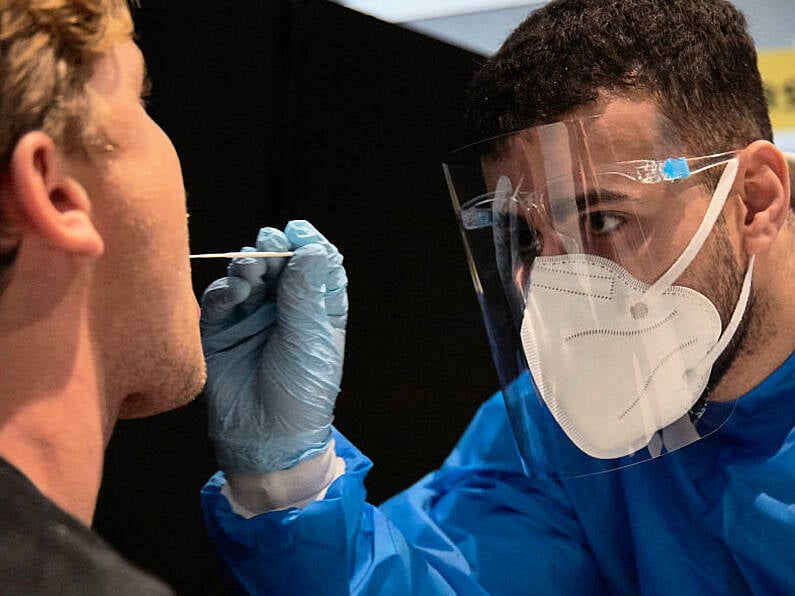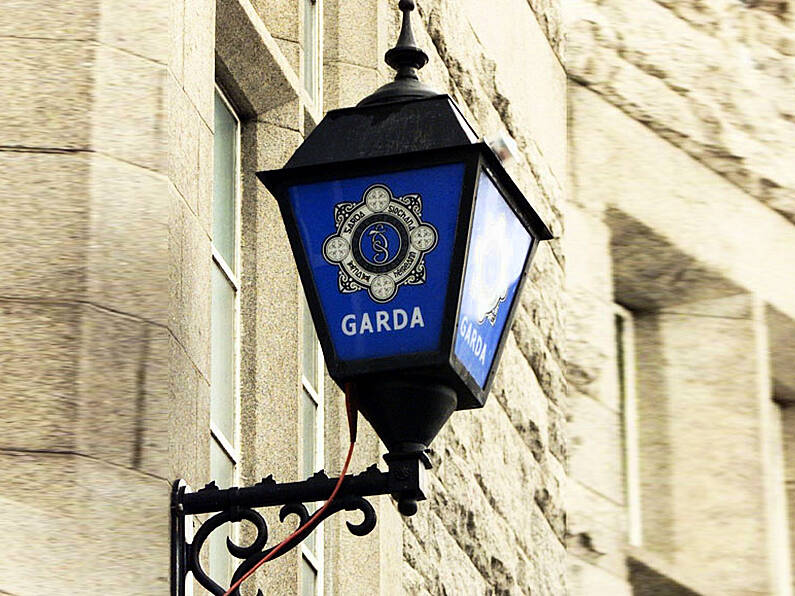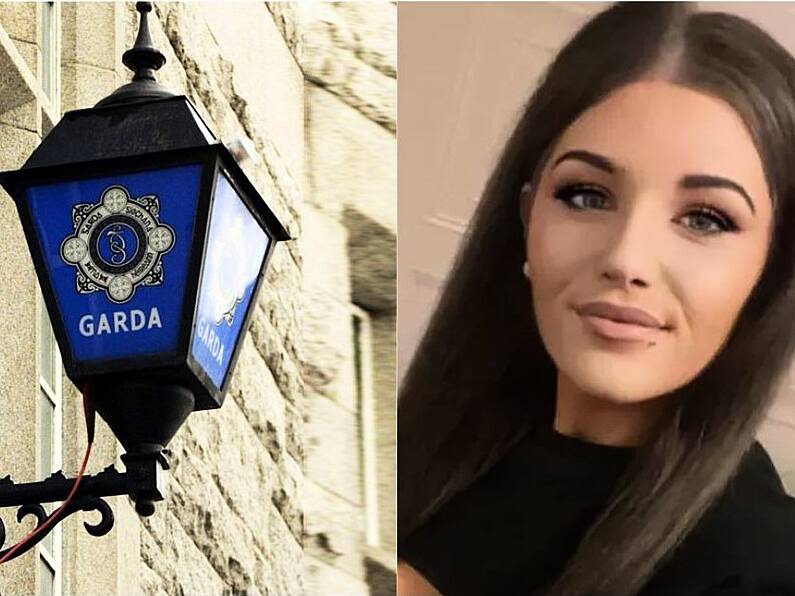The World Health Organisation declared on Friday that Covid-19 is no longer a global health emergency, although it stopped short of saying the pandemic is over.
The UN health agency called an end to the coronavirus crisis as a "public health emergency of international concern" – its highest level of alert – which has been in place since January 30th, 2020.
The pandemic dominated Irish society for more than two years but widespread vaccination and better treatments have allowed normal life to resume.
The first case of coronavirus was confirmed in Ireland on February 29th, 2020. Since then there has been a total of 1,710,625 confirmed cases of Covid-19 and 8,866 deaths from or with the disease in the Republic. In reality the number of infected people was higher than that.
There have been at least 690 million cases worldwide, though the figure is likely an underestimation, and 6,868,594 deaths. Approximately 1 in 100 of those who contracted Covid-19 died from the disease.
Most deaths in Ireland occurred in early 2021, with more than 100,000 cases and 1,000 deaths in January that year alone. Daily deaths reach a peak on February 1st with 78 notified deaths in one day.
Infections peaked a year later in January 2022 as the highly-infectious Omicron variant took hold. There were 23,909 daily cases on January 10th alone.
Chief medical officer Tony Holohan estimated that up to 10 per cent of the population contracted Covid-19 in the first week of January 2022, but the disease quickly passed its peak.
On December 8th, 2021, a grandmother from Enniskillen became the first patient in the world to receive the Pfizer Covid-19 vaccine following its clinical approval.
Later that month Annie Lynch, a 79-year-old grandmother, and St James’s Hospital clinical nurse manager Bernie Waterhouse become the first people in the Republic to receive the Covid jab.
Since then almost 8 million vaccine doses have been administered in the Republic, with the vast majority of adults and children aged over 12 receiving at least two doses.
As restrictions eased and the impact of the disease lessened in early 2022, the Department of Health stopped releasing daily Covid-19 figures. Testing for the disease has dwindled dramatically, and people have largely stopped wearing masks.
Minister for Health Stephen Donnelly said the WHO announcement on Friday marked "a symbolic end to the pandemic which has had a profound impact on our lives over the last three years."
"It has affected our health, our economy, our everyday activities, and caused devastation through the loss of so many lives," he said.
"While Covid-19 remains a global health threat, we have learned to live with it and return to normal life."
Last week the WHO published a plan last week advising countries on how to live with Covid long-term.
The WHO's emergencies director, Dr Michael Ryan, said the battle against the disease was not over.
"We still have weaknesses and those weaknesses that we still have in our system will be exposed by this virus or another virus. And it needs to be fixed," he said.
"In most cases, pandemics truly end when the next pandemic begins."
Author: Tomas Doherty
Keep up to date with all the latest news on our website Beat102103.com.






